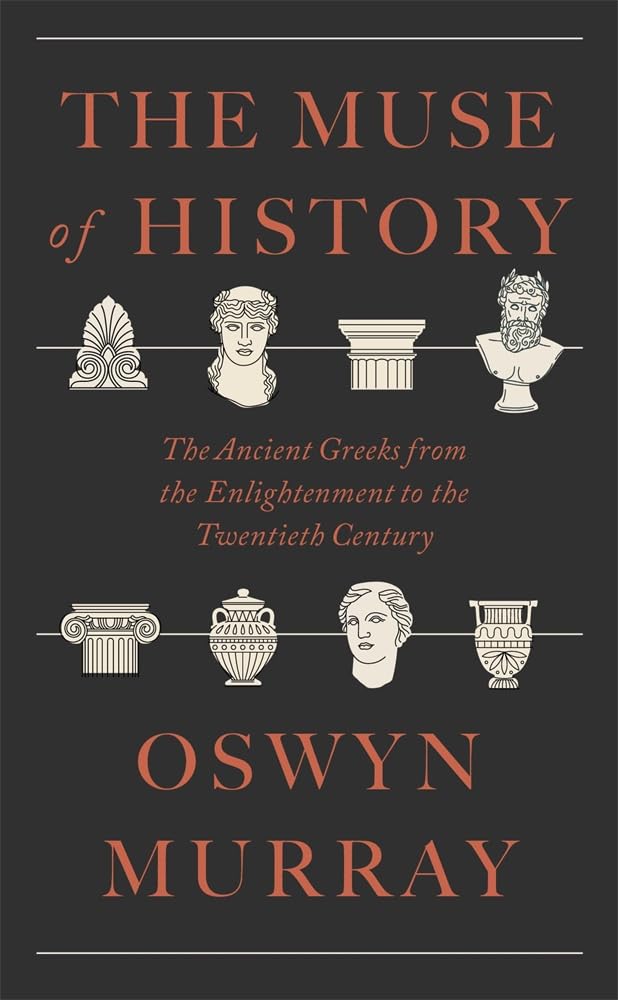

The Muse of History: The Ancient Greeks from the Enlightenment to the Present
C**Y
How the study of history provided insight into the present for those writing it
In The Muse of History, Oswyn Murray provides a highly detailed, stylised and comprehensive account of the history of the historiography of Ancient Greece.Whilst this may sound like a subject few can engage in, its format and structure allows even the most casual observers of antiquity to engage with and enjoy the work.Set out to explore how the study of Ancient Greece has evolved from the Enlightenment through to the present day, Murray is able to dissect how the politics, science, art, language, warfare, economy, culture and geography of Greece (and occasionally Rome) influenced contemporary thinking.How during the Enlightenment, Sparta (the best) was used as justification for monarchic rule, whilst Athens (the many) was seen as the ideal model for democratic rule. How theories around how Phoenicia and Egypt migrated to Greece (and in doing so spread commerce, language and religious thinking) was used to justify open-borders in the modern world and free-trade between warring nations. How the Philhellenes sought to emancipate modern day Greece from Turkish rule out of respect for their heritage. How the German idealist and thinkers sought to position themselves as modern emulators of the Greek spirit, capable once more of creating a culture capable of matching that of 5th century Athens. How the Olympian pantheon was studied and dissected in an effort to find the key to all world mythology. How Soviet thinkers found refuge in the study of Ancient Greece due to its overlooking by totalitarian regimes.I personally found the beginning and middle stages of the book most compelling, especially those on the German studies of antiquity (particularly Burckhardt and Nietzsche). There are a few chapters later in the book that focus on the historiography provided in Britain and France in the 20th century which lacked the insight into what was being studied that earlier chapters did. These chapters came off more as a simple check-list of the whose who of historiography of the time, without expanding on what these thinkers actual studied (although, like all chapters it did accurately provide insight into the conditions in which these historians undertook their studies and how they used their studies to formulate and reflect feelings, thoughts and emotions of their own time).This is a critical piece of work which will no doubt remain the best in regards to the history of historiography of Ancient Greece for some time to come.
I**L
Made me muse
An important erudite work of histiography, detailed, enjoyable to read with some laugh out loud passages. It's a must for anyone interested in the characters who have developed the thinking and writing about the ancient world. The amount of research and reading done to produce it astonished me.
Trustpilot
1 day ago
2 months ago